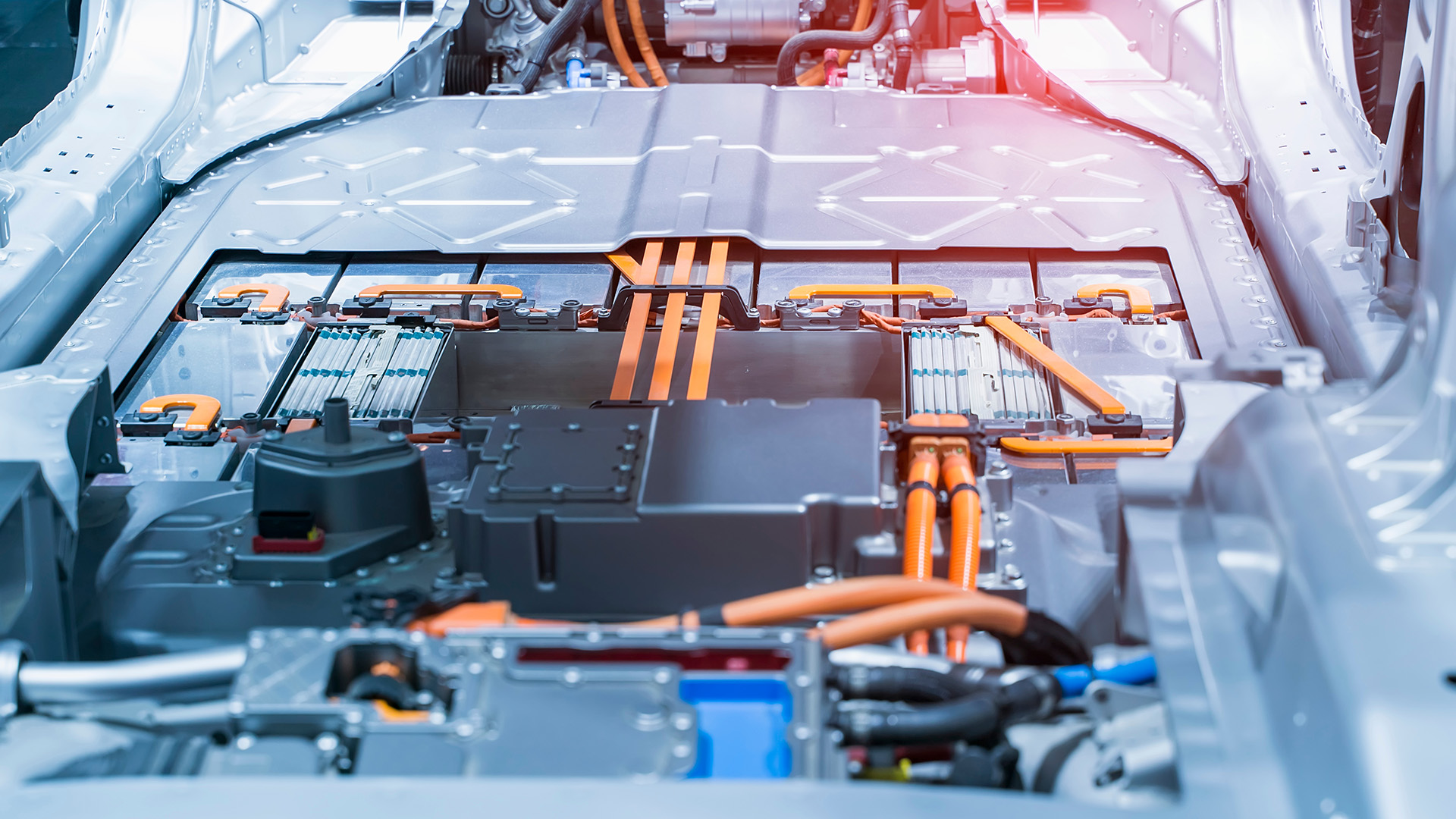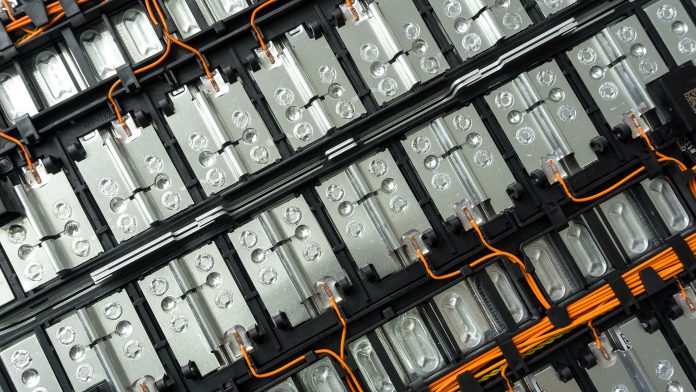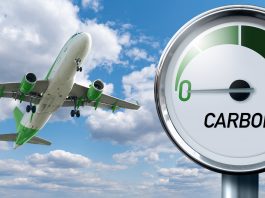The United States is investing $192m in lithium battery recycling initiatives to drive a domestic circular economy for critical materials.
The sizeable investment will improve lithium battery recycling practices by:
- Supporting projects that advance consumer electronics battery recycling;
- Establishing an advanced battery research and development (R&D) consortium; and
- Continuing the Lithium-Ion Battery Recycling Prize.
Speaking on the announcement, Jennifer Granholm, the US Secretary of Energy, commented: “The United States is leading the way in developing advanced battery technologies that will power our clean energy future and boost our global competitiveness.
“Thanks to President Biden’s Investing in America agenda, these investments in battery production and recycling will ensure the US has a secure and sustainable domestic supply chain and strengthens our economy.”
Lithium battery market forecasted to increase by 1000%
To facilitate decarbonisation goals, the US must reinforce its domestic critical minerals supply chains – most notably for lithium – an essential ingredient in the batteries of electric vehicles (EVs).
Estimates suggest that by 2030, the lithium battery market will increase tenfold due to the demand for EVs and stationary energy storage.
As of 2023, over 3.6 million plug-in EVs have been sold in the US. By 2030, the country targets EVs will represent at least 50% of all new vehicle sales nationwide.
As lithium is a finite resource, advancing lithium battery recycling processes will be key to ensuring long-term supply chains of critical minerals and reducing the burden on mining.

$125m funding available for consumer electronics recycling projects
£125m of the funding has been allocated for projects that improve the recycling of consumer electronics batteries.
Project areas suitable for this funding include:
- Developing and implementing education or behaviour change campaigns to increase participation in existing battery recycling programmes;
- Improving the economics of recycling consumer electronics batteries to increase market demand for battery recycling;
- Assist states and local governments in establishing or enhancing battery collection, recycling, and reprocessing programmes; and
- Help retailers implement programmes to collect, sort, store, and transport consumer electronics batteries.
Concept papers for this funding opportunity must be submitted by August 17, 2023, and full applications by November 29, 2023.
How will the Advanced Battery R&D Consortium boost the sector?
The development of the Advanced Battery R&D Consortium will help to pioneer novel or alternative battery chemistries to lower production costs and use more readily-available materials.
$60m in funding will be available to major EV technology manufacturers, including universities, National Laboratory partners, mineral and material suppliers, and other battery stakeholders.
The consortium will respond to the need of EV manufacturers to advance the domestic battery supply chain and battery recycling capabilities to support the nation’s EV revolution.
Applications for the funding opportunity are due by September 8, 2023.
Lithium battery recycling prize extended
To further lithium battery recycling innovation, the DOE is expanding its Battery Recycling Prize, which was initially launched in 2019.
The prize aims to incentivise US entrepreneurs to pioneer technologies that capture 90% of all discarded lithium batteries to recover key materials that can be reintroduced to the US supply chain.
The prize has awarded $5.5m for innovative solutions for collecting, sorting, storing, and transporting spent and discarded lithium batteries.
The DOE is now providing a further $7.4m for a new contest to develop a solution for moving spent or discarded batteries from consumers to recyclers across all commercial uses.
These latest lithium battery recycling initiatives represent a significant milestone for the US solidifying its critical minerals supply chains.









